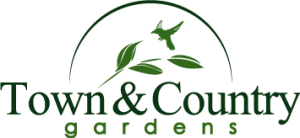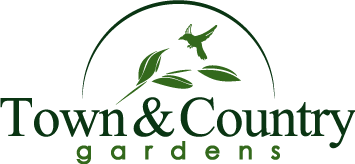April Gardening Checklist
April Gardening Checklist
Vegetables
Enjoy herbs in pots in a windowsill. Plant them outside in May
Remove any spent vines and corn stalks from garden spot if not completed last fall
Add Soil Enhancer or compost as well as sulfur, and rototil into soil to prepare seed bed
- Cool weather crops (lettuce, spinach, peas, broccoli, root crops) can be planted in late April
Tomatoes may be planted in late April in a hoop house or in insulated plant protectors
Place a floating row cover over your crops so your seeds will germinate quicker, and the birds won’t make a meal of them. Floating row covers also eliminate cabbage worms and root maggots on cabbage and root crops
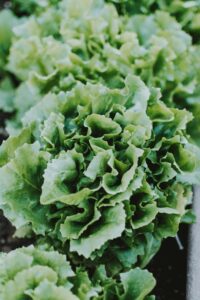
Fruit
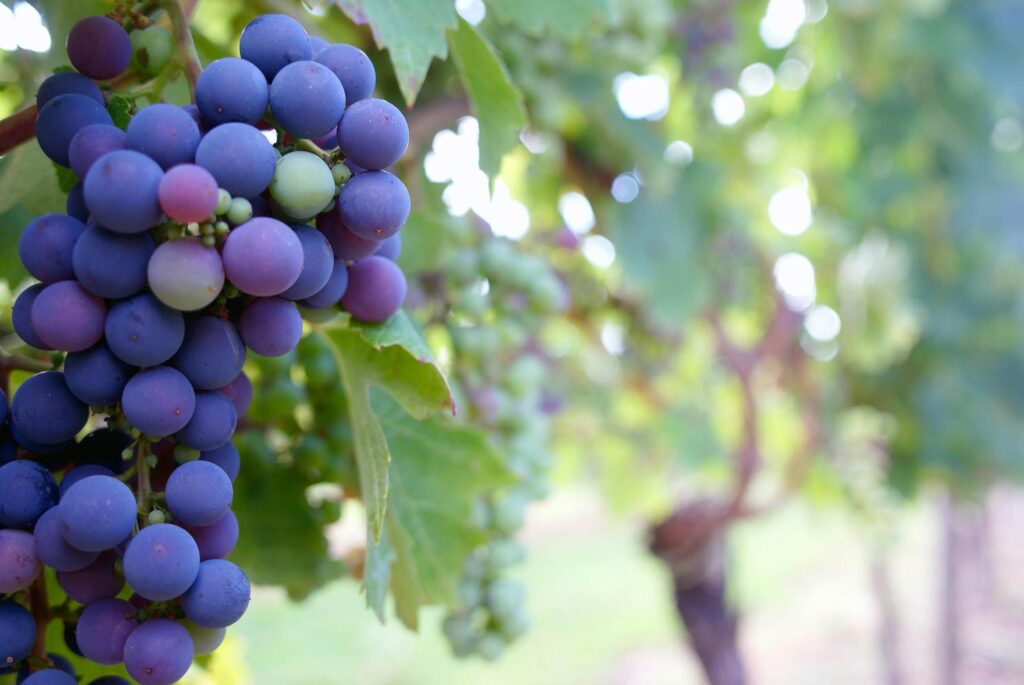
Prune and thin raspberry plants to clean up last year’s dead canes
Apply manure and soil sulfur to berry patches if not done last fall
Apply Casoron granules to raspberries before new canes emerge to prevent weeds
Plant bare root or potted raspberries, strawberries, and fruit trees.
Spray mature fruit trees with Dormant Spray to kill overwintering insects and eggs
Spray pear and apple trees with Fertilome Fire Blight Spray twice during blossom period
Lawns
Rake matted grass as snow recedes to prevent snow mold from damaging your lawn
Turn on sprinkler system and make repairs as needed
Apply T&C Humates (Step-1) to your lawn to help decompose lawn thatch and green up your lawn. This can be done anytime in March or April
Ask about our 4-Step Lawn Program for the greenest, healthiest lawn in the neighborhood
Seed new lawns using our Premium Lawn Seed. Apply T&C Seed & Sod Starter at time of planting. Ask for our free Lawn Planting Guide for complete details
Spray dandelions with Fertilome Weed Free Zone before they bloom
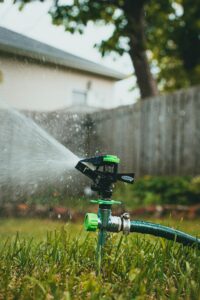
Roses
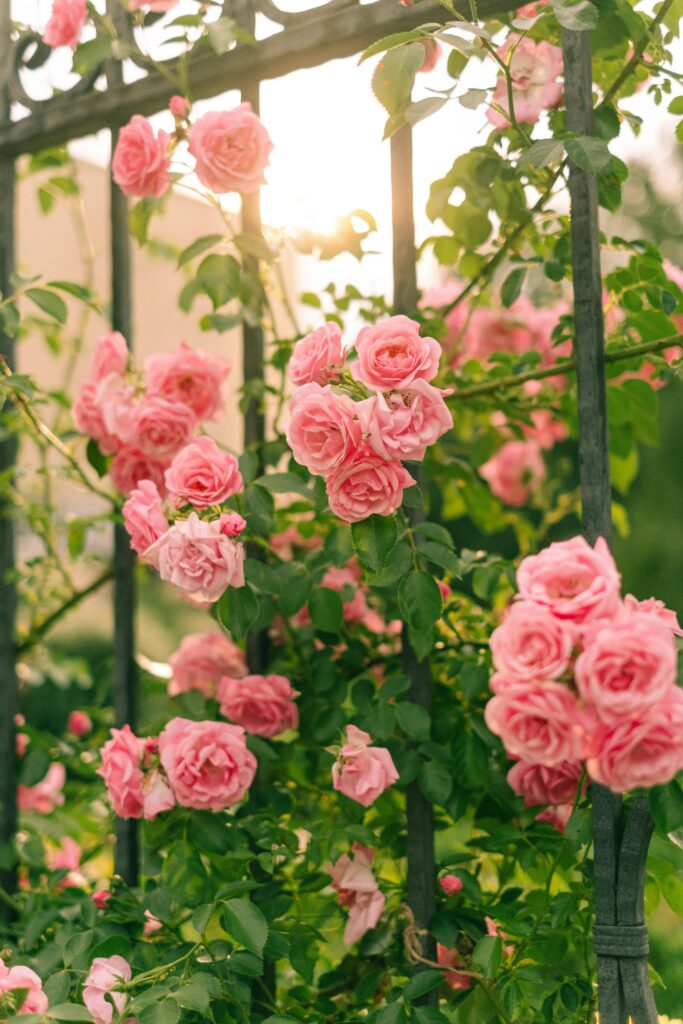
Remove winter protection from roses when new shoots are just beginning to emerge
Prune canes to 8” on hybrid teas. Remove dead canes
Plant dormant roses. They love getting started in the cooler weather
Apply Fertilome Rose Food w/Systemic to feed and protect roses from insect damage
Flowers
Plant Sweet Pea seed and wildflower seed now
Plant perennial flowers (the ones that come back each year). Frost won’t bother them
Hardy annuals such as pansies, petunias, alyssum, snapdragons can be planted in late April
Plant summer bulbs like gladiolas, lilies, and dahlias for beautiful summer color
Plant up your porch pots with cold hardy flowers. Ask for our tip sheet on hardy annuals
Prune back dead stalks on perennial flowers and ornamental grasses to the ground
- Transplant, divide, and relocate perennials as needed. Share some with a neighbor
- Fertilize established bulbs and perennials with T&C Fruit & Flower Food
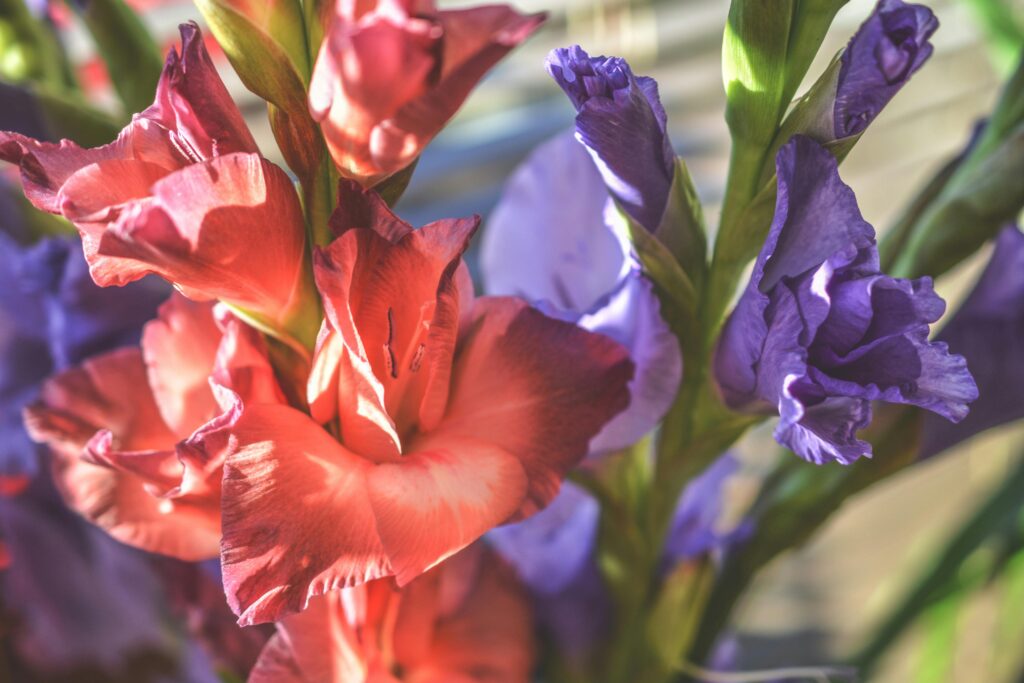
Trees & Shrubs
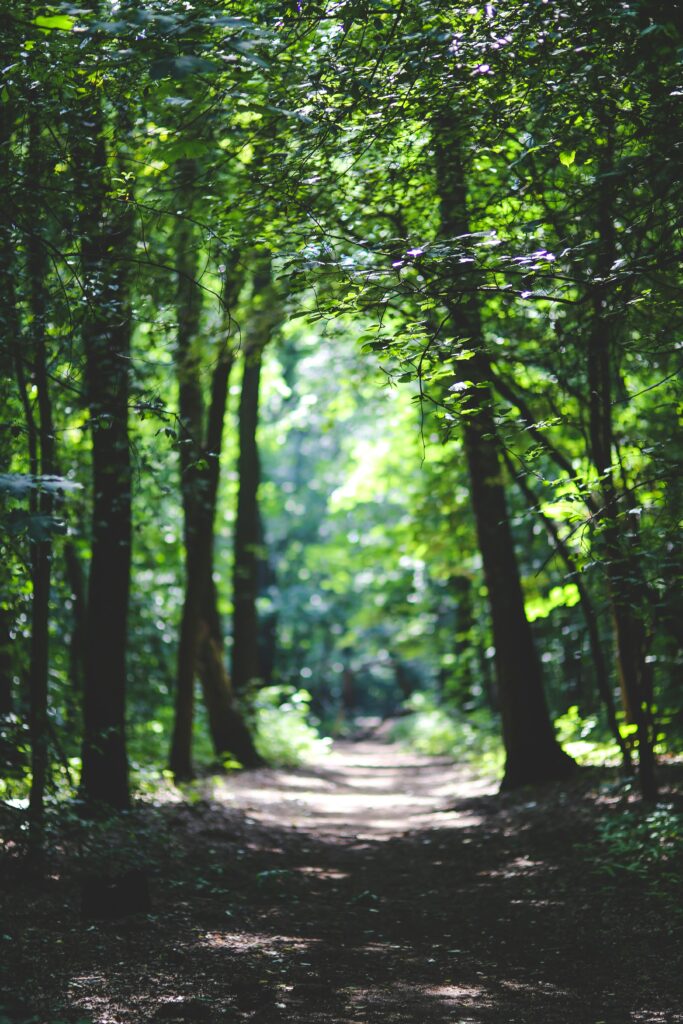
- Plant potted and bare root trees and shrubs. Use Root Stimulator and Soil Enhancer
- Prune most trees now. Skip maples and birches until summer to avoid excessive bleeding
- Cut back butterfly bushes, blue mist spirea, Russian sage, potentilla, spirea, and other summer-blooming shrubs now
- Fertilize trees and shrubs with Save-A-Tree or T&C Tree & Shrub Food
- Apply Fertilome Systemic Insect Drench or Acecap Systemic Implants to prevent insect damage to your trees and shrubs for the entire growing season
- Spray dormant trees with Dormant Spray to kill overwintering insects and eggs
- Spray quaking aspen with Fertilome Systemic Fungicide to prevent fungal leaf spot
Examine staked trees and loosen or remove ties around trees if necessary to prevent injury
- Check for evidence of borers in your aspen, ash, and other trees. Small holes, possibly with leaking sap and/or sawdust are signs of problems. See our Garden Advisor for solutions
Birds & Wildlife
Clean and fill your bird baths for arriving robins and songbirds
Clean your bird houses before the new birds arrive
- Continue to feed birds with suet, black oil sunflower, and high quality wild bird seed
Plant shrubs and flowers to attract, feed, and provide cover for birds and hummingbirds
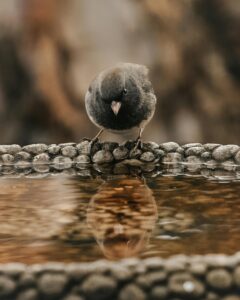
Got questions? Town & Country’s plant doctors are available during store hours to answer your gardening questions. For accurate diagnosis, please bring in a sample (preferred) or a picture of the problem.
Always read and follow label directions when using any garden chemical or fertilizer.
